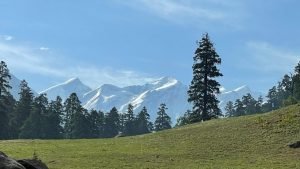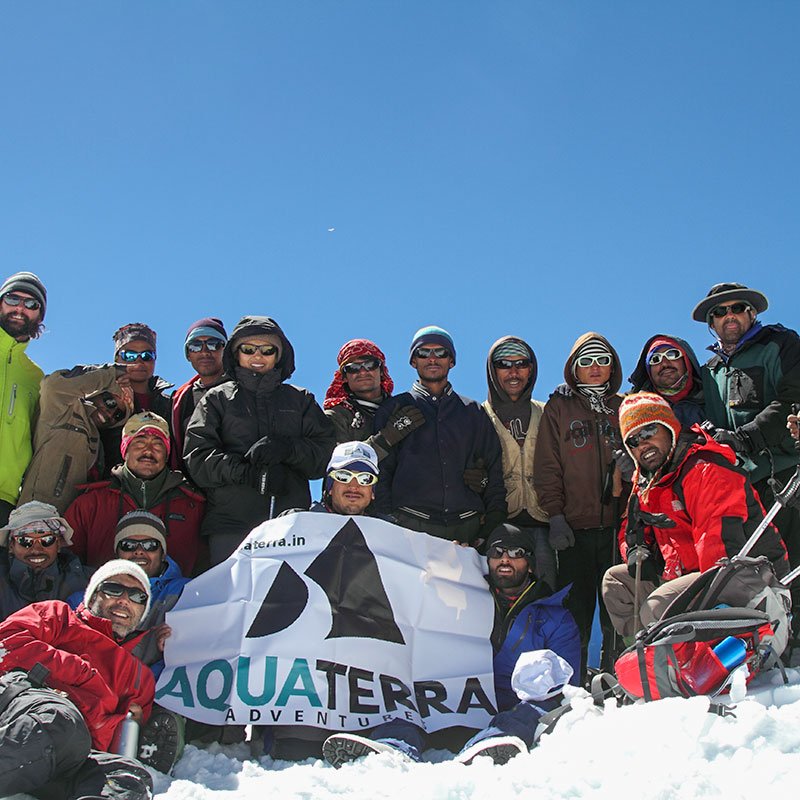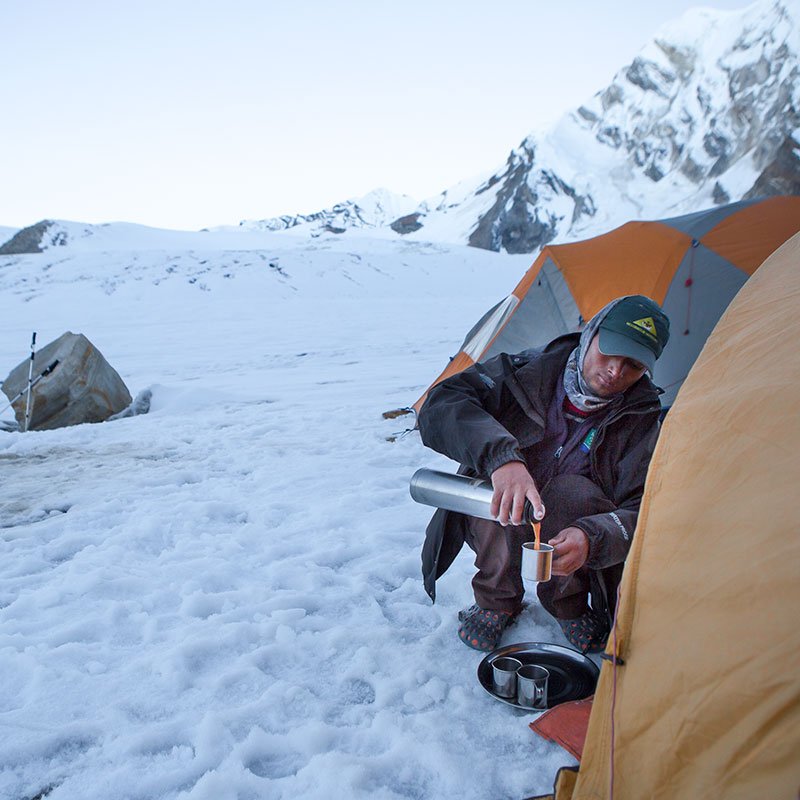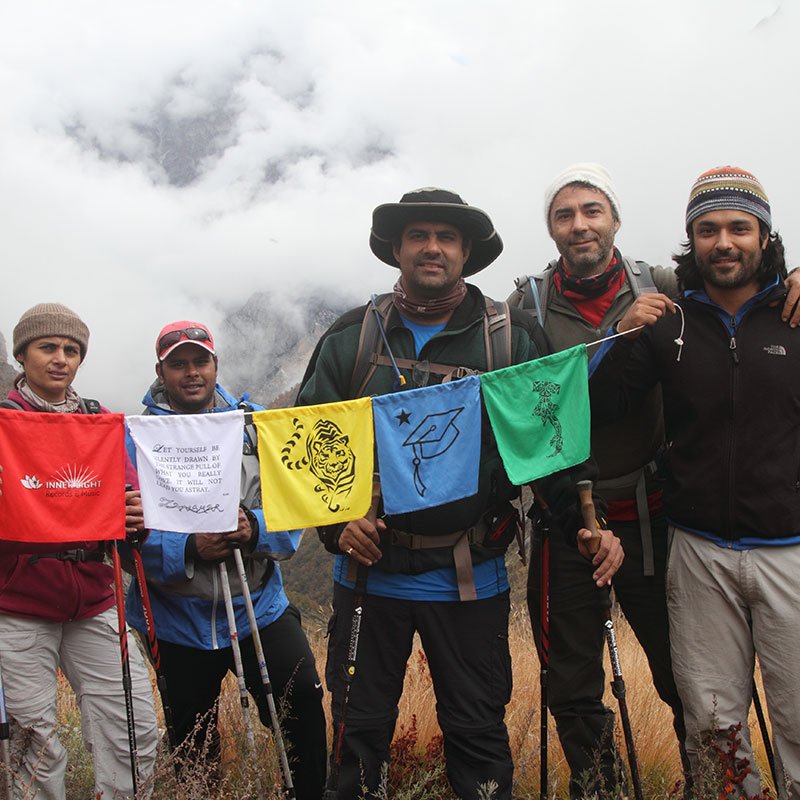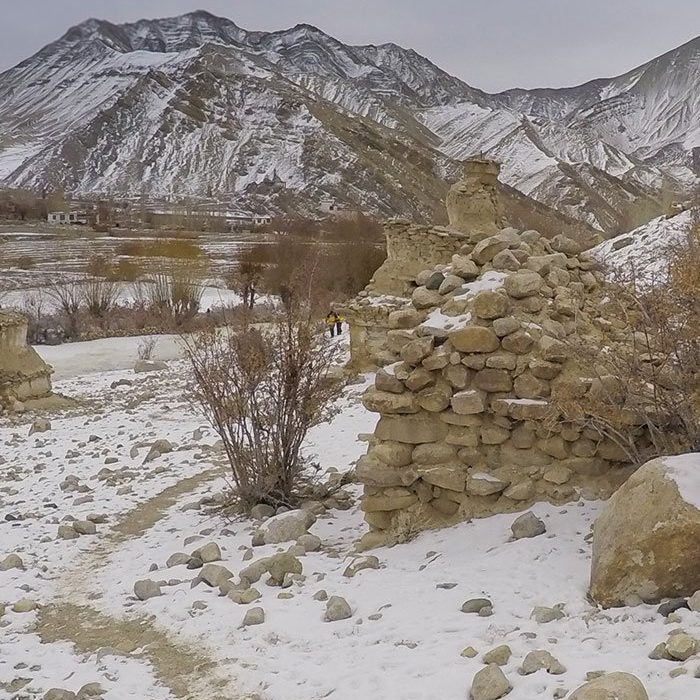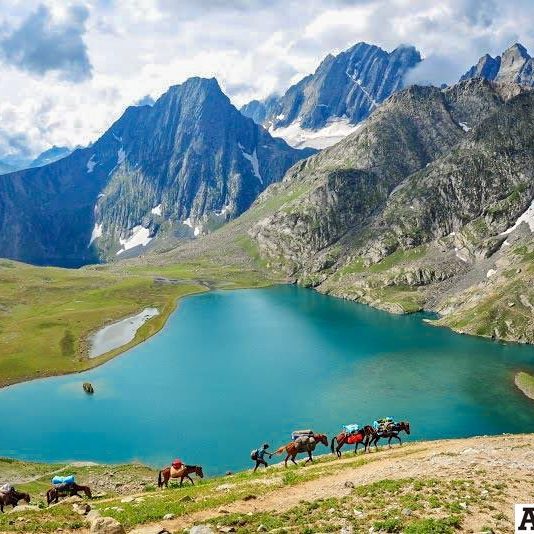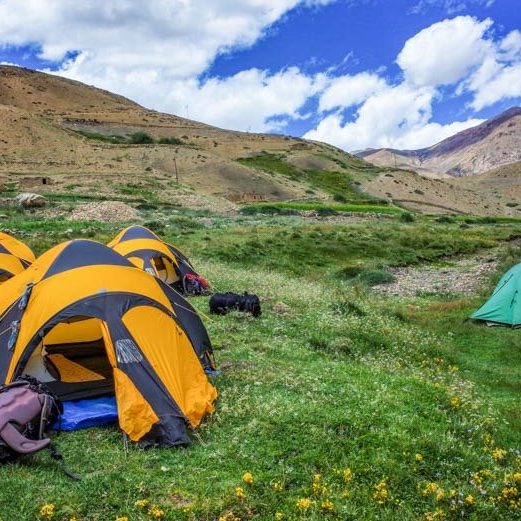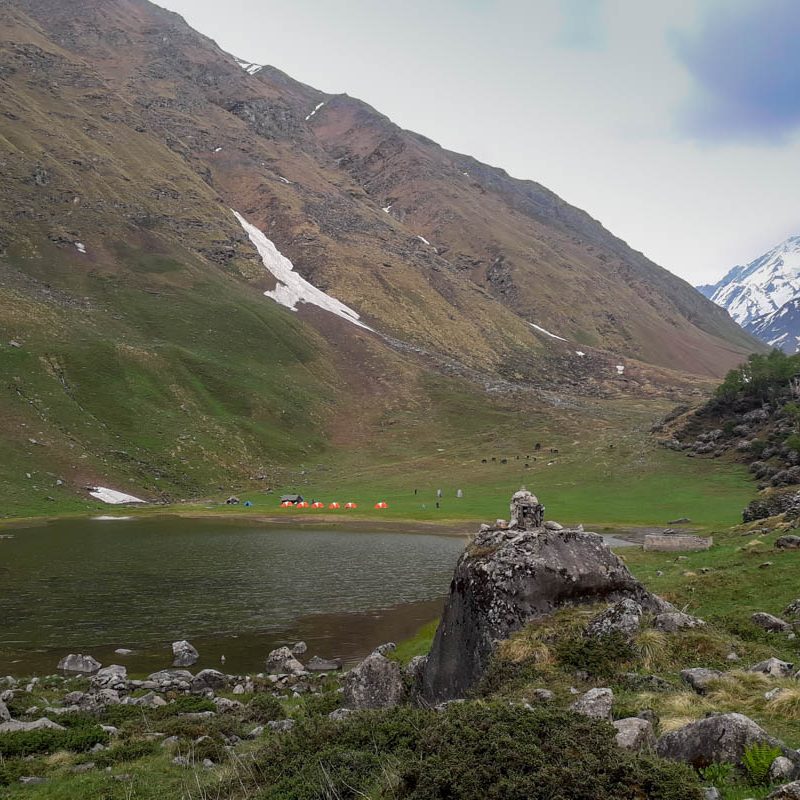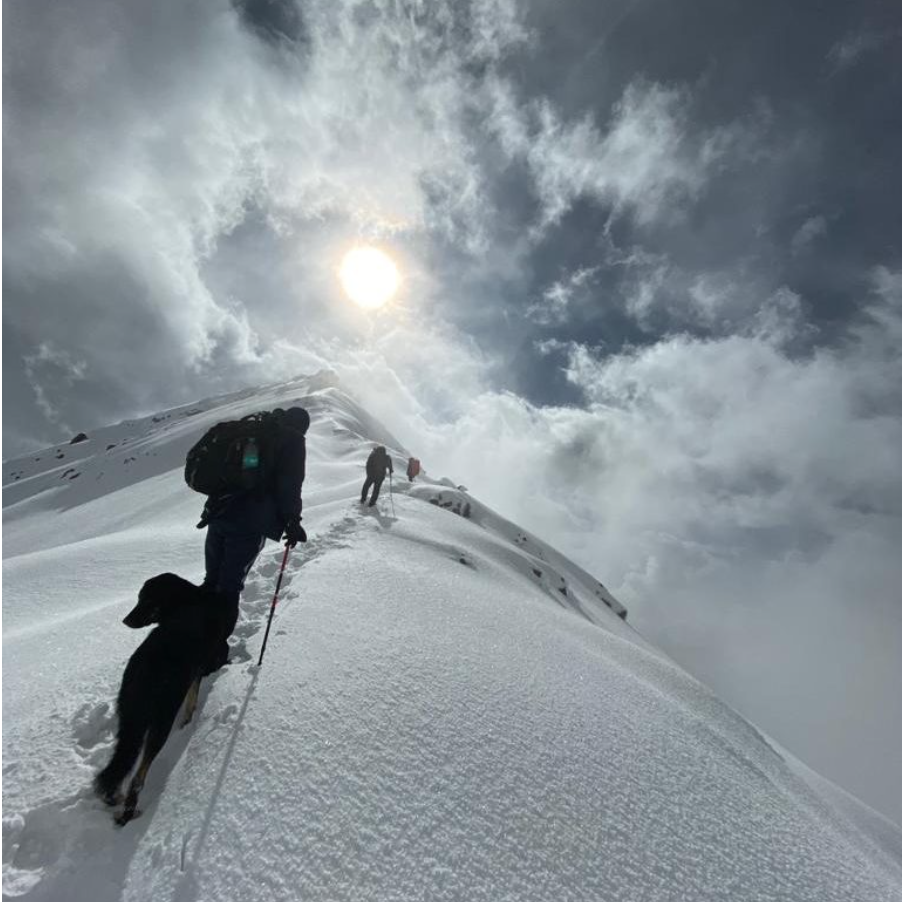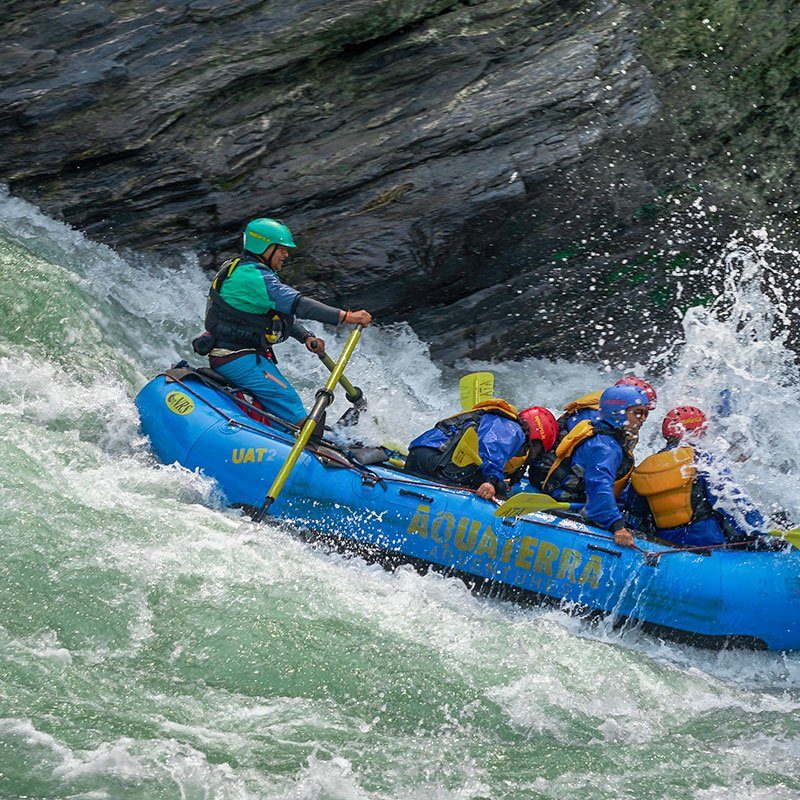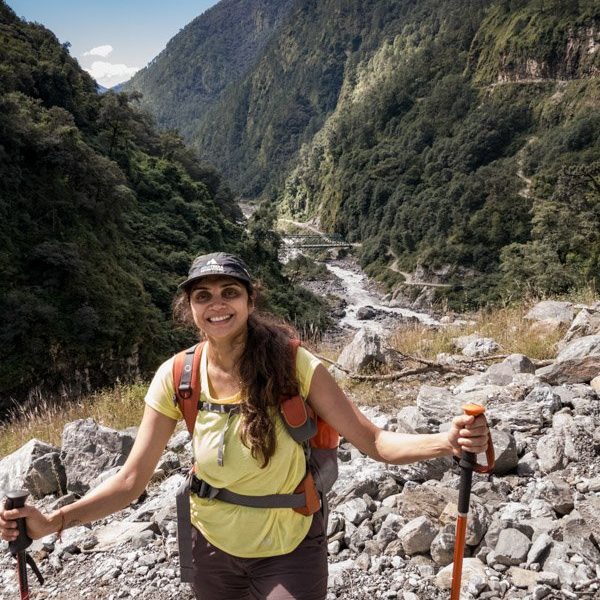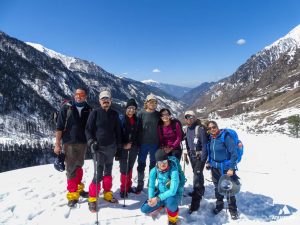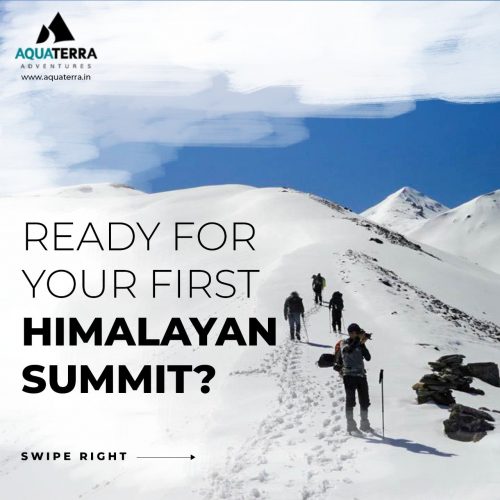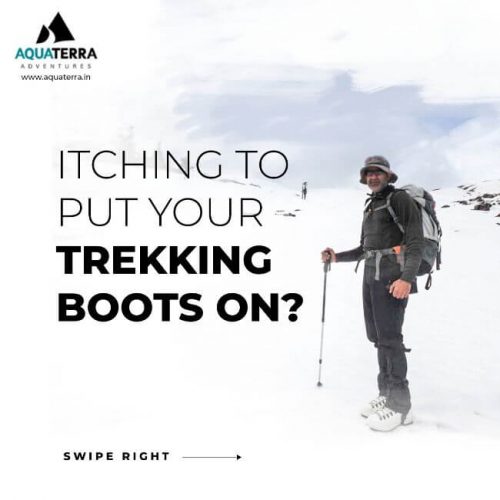Rafting through the waters with Vaibhav Kala
By Bianca Mendonca on 29 October 2015 for RedBull.com
Mystic waters, meandering curves and a mesmerising experience; that’s what river rafting is about. The water never fails to surprise you, but the sport must be experienced with professionals who would risk their life at the drop of an oar. We speak to Vaibhav Kala, from Aquaterra Adventures who recruits locals from the area and promotes sustainable methods of tourism to stay ahead of the game. Here’s what went down in the interview:
You started your career as a guide in Uttarakhand, chose to run and operate your outfit out of Rishikesh and created Atali here. Any particular reason for choosing Rishikesh?
I came to the Ganges to begin my career in the outdoors when I was 20, in 1992. River running was just beginning and it was the longest season for anyone who wanted a 12-month job in the trekking/rafting business in the country. Rishikesh offered a ten month rafting season, and the gateway to mountain treks.
There was a large gap in the market offerings for guests who wanted the outdoor experience, yet want to return to the relative comfort of city life, which is what motivated me to start my outfit here.
You specifically hire locals to work for the core team, some of whom have little or no experience in the hospitality industry. What is the reason behind this?
We believe in a very true form of eco-tourism and ensure benefits mostly go to people belonging to the region. Our staff is trained without the lure of the city hotels, and their love for the place brings them here.
Come season, it often looks like there is a traffic jam of rafts on the Ganges. Can you tell us about the impact this has on the eco-system? What are the issues faced by standards & safety? Are there any measures in place to combat them?
The Ganga story has been a catharsis from a premium product which has transformed due to the massification brought about by the lack of policy, foresight, and inability to formulate a sustainable plan for this industry. Safety standards have dropped, lack of regulation leads to unsafe practices and violations of the eco-ethics. As industry forums, we are working to convince the government to act soon.
Do you still guide yourself? How does it feel after all these years? Has your outlook changed over the years from when you started?
I still guide and hopefully will continue to do so.Time in the outdoors is what I enjoy the most. The big change in the outlook is that one sees almost everything through the prism of greater experience after 24 years of guiding, so the chances of pre-empting a situation is a lot greater.
How do you feel about the Indian adventure industry and the way people’s approach has changed over the years? You also run trips in India and abroad. What are the main differences in the way things are done?
While it has mushroomed with no or low entry barriers, with over 2000 operators, the client base awareness has not. Quality of operation, equipment, guides, expert leadership is still the domain that a handful of guests demand. A lot of the domestic industry is price sensitive and quite unaware of what may happen when things in the outdoors don’t go as planned. Recognition of adventure tour companies needs a lot of looking into. Regulation, registration, and recognition of companies is a big difference. Quality equipment, guides, and leadership is respected.
What other activities do you plan to encourage the industry and help the ecosystem?
Working towards a sustainable policy with the government is taking most of one’s time, and troubleshooting short-sighted moves is very challenging Indian business scenario.
Any advice for those who are pursuing a guiding career or starting their own adventure outfit in India?
It’s a great line of work if you get your act right. Focus on the basics, the staff, the equipment, good food, great programs, safety and good hygiene. The rest follows quite easily.



